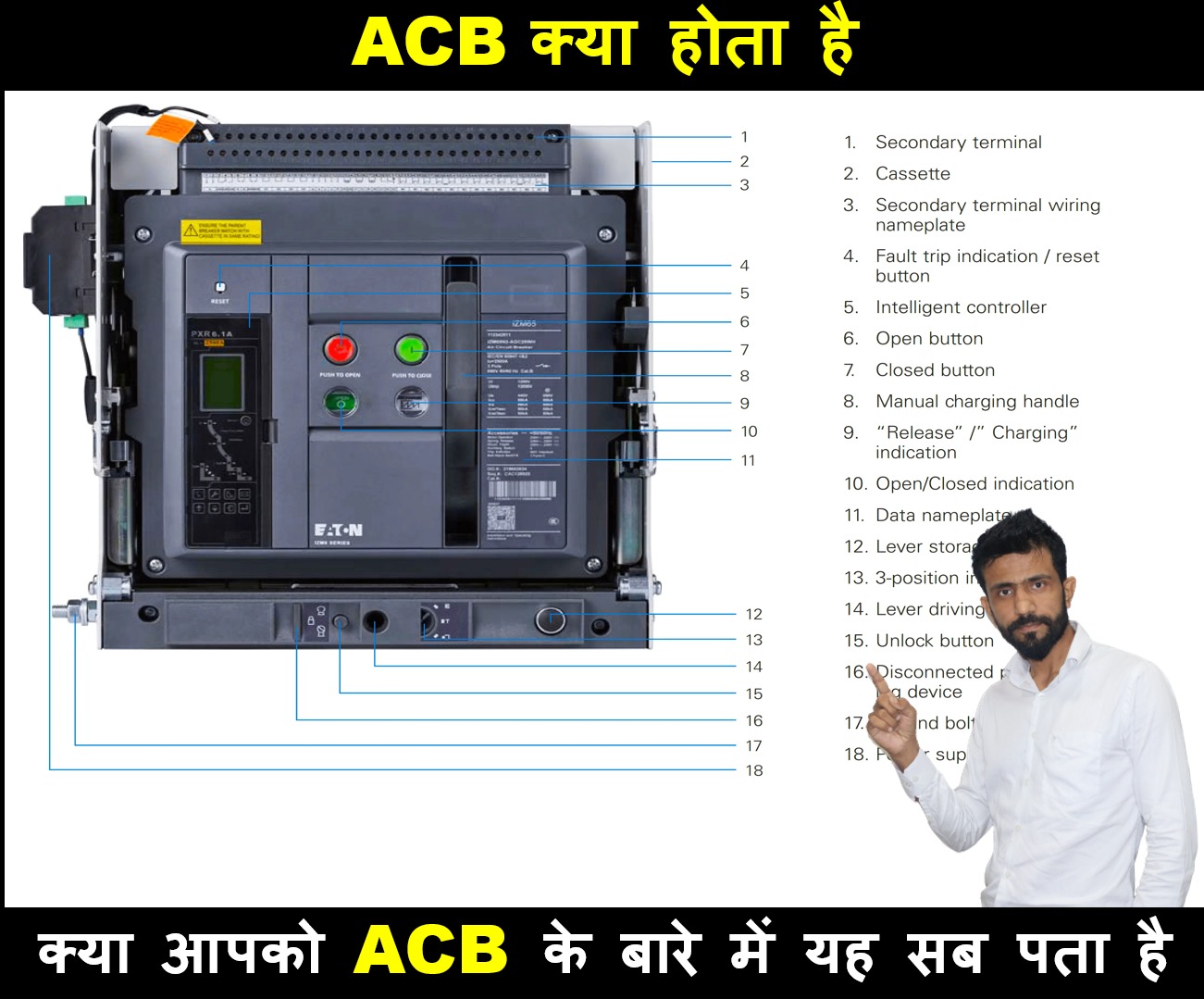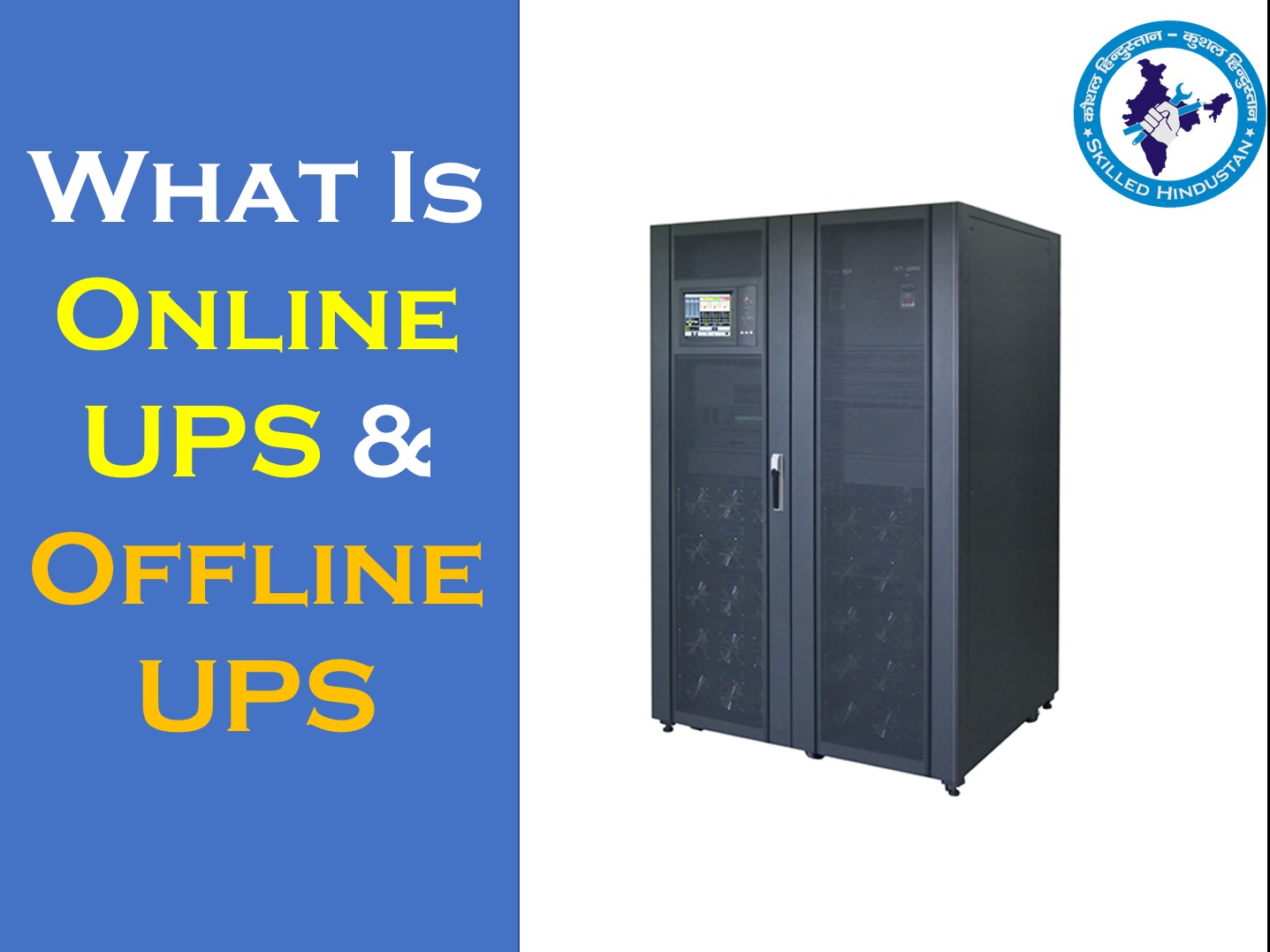
Apply for A Job Apply For A Job
An Air Circuit Breaker (ACB) is a crucial electrical device designed for power distribution systems. It plays a pivotal role in ensuring the safety and efficient operation of electrical installations. ACBs are widely used in industrial and commercial settings due to their ability to provide overcurrent protection and reliably disconnect electrical circuits in case of faults.
Types of ACBs:
There are several types of ACBs available, each tailored for specific applications. Common types include:
Drawout ACB: These ACBs can be removed from the panel for maintenance or replacement without disrupting the entire system.
Fixed ACB: Fixed ACBs are permanently installed in the switchgear and cannot be withdrawn for maintenance.
Molded Case Circuit Breaker (MCCB): A compact version of an ACB, often used in low-voltage applications.
ACB Safety:
Safety is paramount in electrical systems, and ACBs are equipped with multiple safety features to protect against electrical faults and ensure the safety of personnel:
Overcurrent Protection: ACBs detect and trip when they sense excessive current, preventing overheating and potential fire hazards.
Short-Circuit Protection: ACBs rapidly interrupt fault currents to prevent extensive damage.
Earth Fault Protection: Some ACBs include earth fault protection to detect and clear ground faults, reducing the risk of electric shock.
Lockout/Tagout Mechanisms: These mechanisms ensure that ACBs cannot be accidentally closed or operated during maintenance, enhancing safety for personnel working on electrical systems.
ACB Working Principle:
ACBs operate based on the principle of electromagnetic or thermal-magnetic tripping. When a fault occurs, the ACB's trip unit detects the overcurrent and initiates the tripping mechanism. This mechanism includes a spring-loaded mechanism that quickly separates the contacts, interrupting the current flow.
In summary, ACBs are indispensable components in electrical distribution systems, offering various types to suit specific needs. They prioritize safety by providing overcurrent, short-circuit, and earth fault protection, and their working principle involves the rapid interruption of electrical circuits when faults are detected. Regular maintenance and adherence to safety protocols are essential to ensure the reliable and safe operation of ACBs in electrical installations.

Comments (5)
hello sir
great sir
nice knowledge
0k


very nice sir